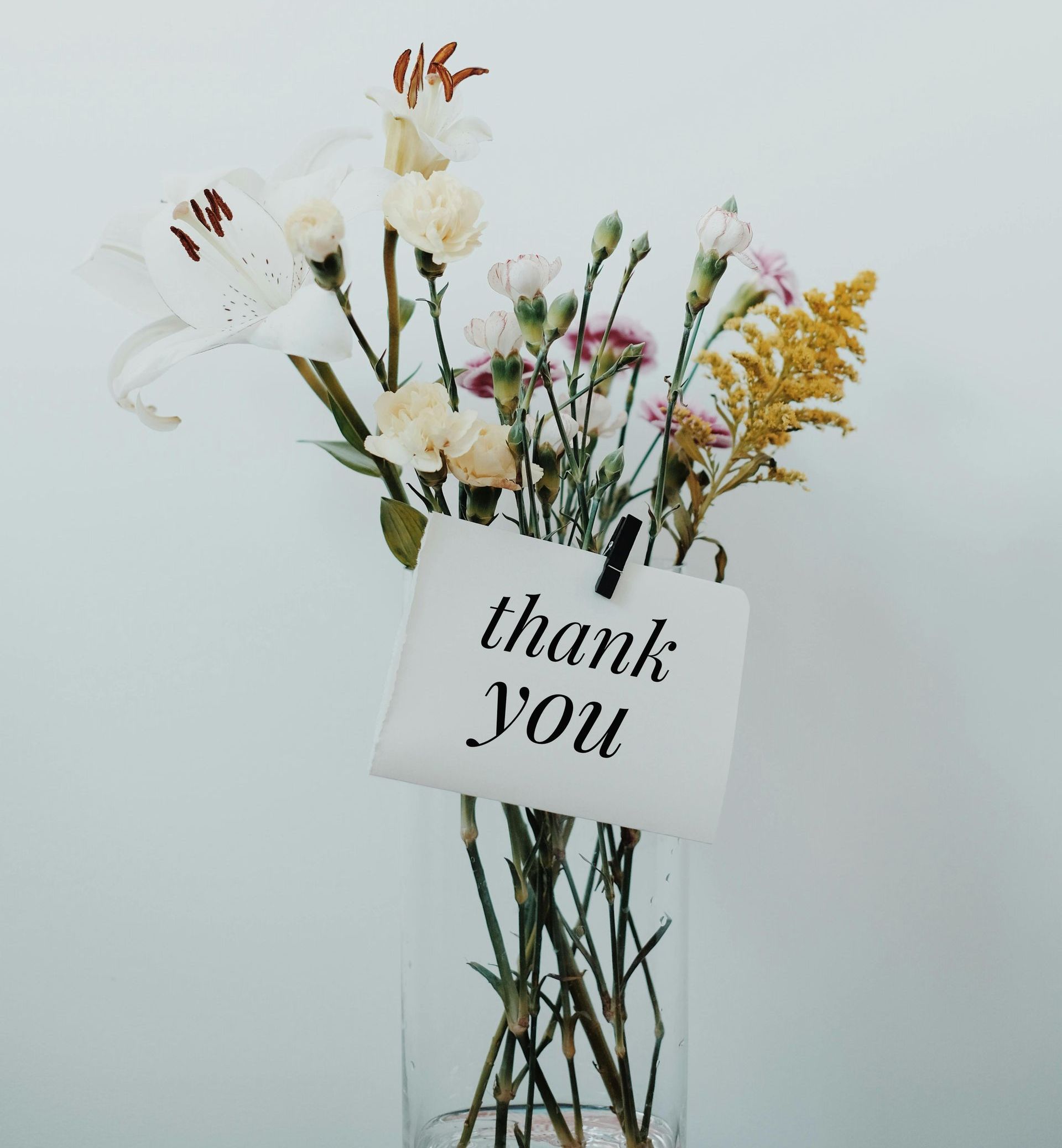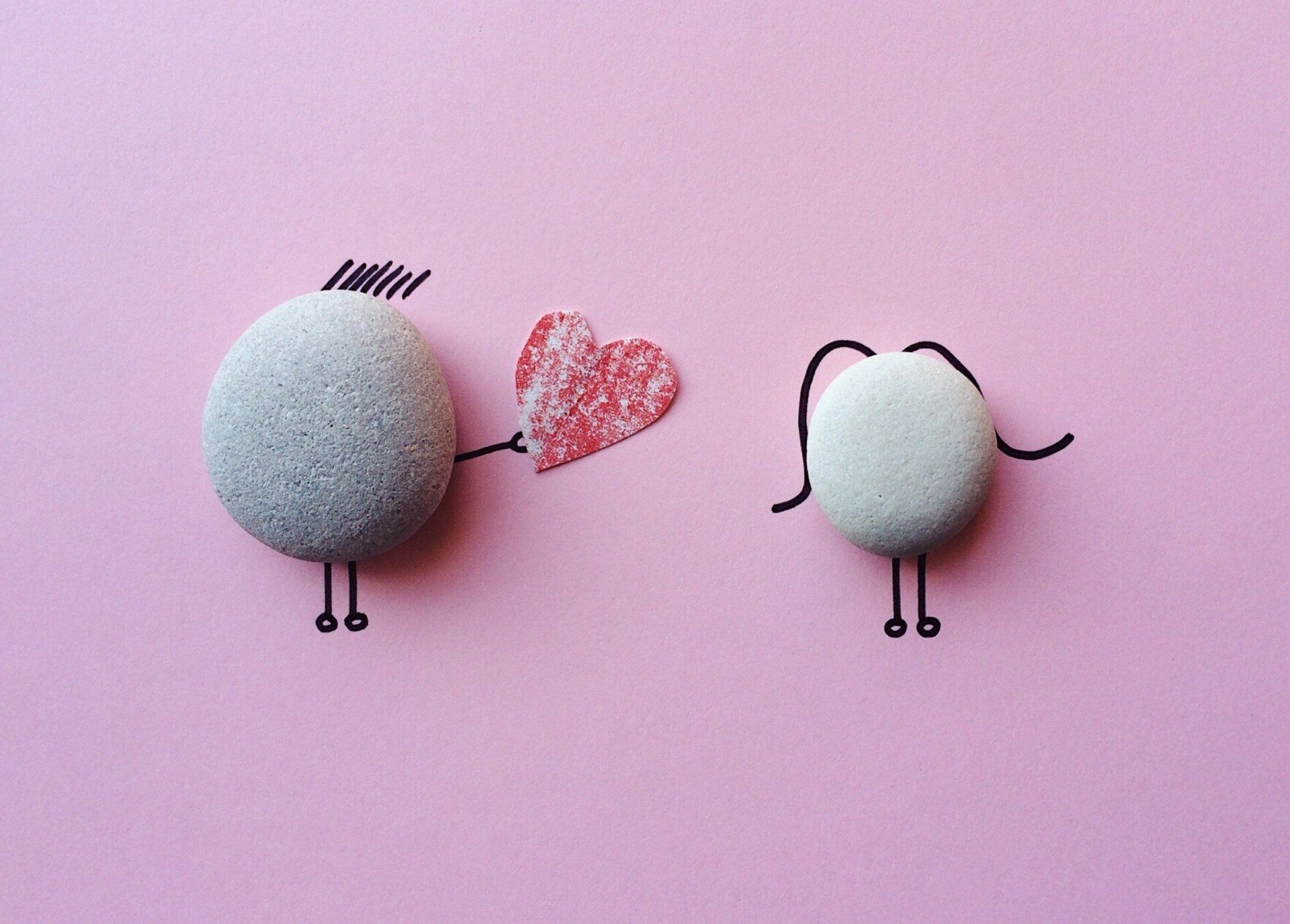Give Yourself Some Credit: It Won’t Turn You Into an Egotistical Monster

It feels good when someone thanks you for a good job. Who doesn't love those warm and fuzzy feelings when somebody tells you how much they appreciate you?
External validation can make you feel better about yourself. There's nothing wrong with that. It helps you feel accepted. It can be the fuel to drive your motivation. It can boost your self-esteem. But when your self-worth depends only on external validation, you walk on a wobbly tightrope.
When you give yourself credit, you're less reliant on other people's approval. If you tend to shy away from any form of self-praise for fear of appearing cocky, let me reassure you—it won’t turn you into an egotistical monster.
Not convinced? Let’s first go back to that wobbly tightrope.

Who Might Walk the Wobbly Tightrope?
If you're a people pleaser, you may value the opinions of others over your own, especially if you lack faith in yourself. Your decisions may concentrate on meeting outside expectations rather than your personal preferences.
If you lack confidence, you may fall into a negative bias trap, so you focus on that one piece of constructive feedback in your performance review and disregard all the favourable comments.
If you suffer from imposter syndrome, you may need external approval as reassurance when you doubt your abilities.
Perhaps you're a perfectionist, and you need others to acknowledge that you've met those exacting standards you placed upon yourself.
Our need for external validation has always been there. Once, it was to ensure we were part of the tribe and not kicked out of the cave. Now, it might be to protect us from cancel culture. Whatever the reason for needing external validation, your self-worth can wobble if you don’t receive the outside approval you depend on.
How can you rely less on external validation and more on generating those feel-good vibes for yourself?
Expressing Gratitude Makes You Feel Good
A 2015 study working with young adults showed a link between gratitude and self-esteem. Feeling grateful could help people feel more positive about themselves, supporting their mental health.
You don't need to wait for someone to tell you you're doing a great job on that project. You know the work you've put in. It's OK to acknowledge it.
You probably do things you don't give yourself credit for every day. Unloading the dishwasher when you get into work each morning might seem insignificant—not exactly Nobel prizeworthy. But it saves other people a job and means there's always a clean mug in the cupboard. I'm not suggesting you feel resentful or like a martyr for doing something that might go unnoticed by others. But permitting yourself to recognise when you've done a good deed can help your inner cheerleader shout down your inner critic.
If you start showing gratitude for yourself, it doesn't mean you're suddenly going to become big-headed. First, these thoughts are for you only, so nobody will know what your internal chatter is saying. Secondly, if you worry about how your newly invigorated self-esteem will look to others, you probably have a fair bit of bandwidth before you get anywhere close to arrogance. Building a healthy level of self-esteem is about recognising your value without feeling you're better than anyone else.
Share with others how much you appreciate them. When you express gratitude towards another person, it's a win-win. Thanking them for what they've done or for being a thoroughly lovely friend makes you both feel good.

Celebrate Success
I once worked in an office where, every Friday morning, someone from each team had to stand up and talk about the things that went well that week. While I appreciated the sentiment behind it—celebrating the small wins, I hated its publicness.
Looking back on it, I can now see how it encouraged us all to think about how we might have done well that week rather than barely giving it a passing thought. Taking a moment to yourself at the end of the day or week to recognise those small wins and give yourself a virtual (or actual, if you want) pat on the back doesn't turn you into an egotistical monster.
Start Appreciating Yourself Now
You don't need the perfect moment or to be perfect to give yourself some credit. You'll be waiting for a long time if you do. Start recognising your efforts now.
It doesn't mean you have to ignore things that didn't go quite right or occasions where you could've handled something better. But when that happens (which it will), you can manage the situation with resilience and a balanced perspective rather than only seeing failure.
You're not releasing a monster. You're freeing yourself from external validation and finding your self-worth.

Thanks for Reading
I'm a freelance content writer specialising in wellbeing and lifestyle blogs for B2B and B2C target audiences. If you'd like an extra pair of hands to create similar content for your website, please get in touch.









